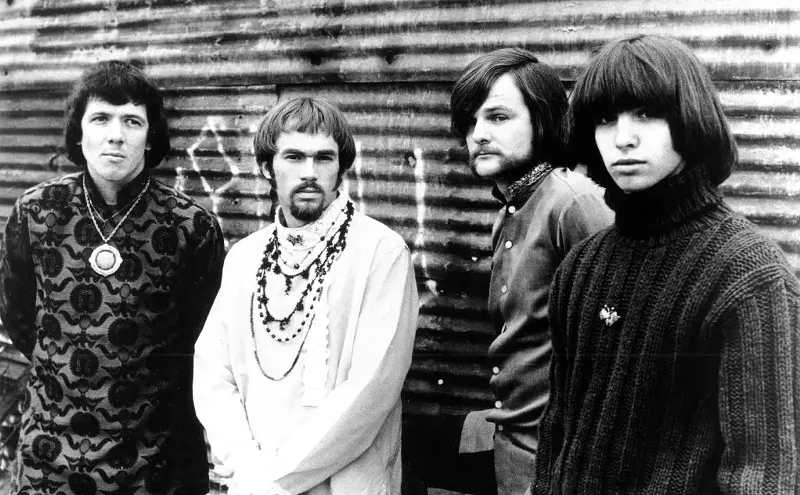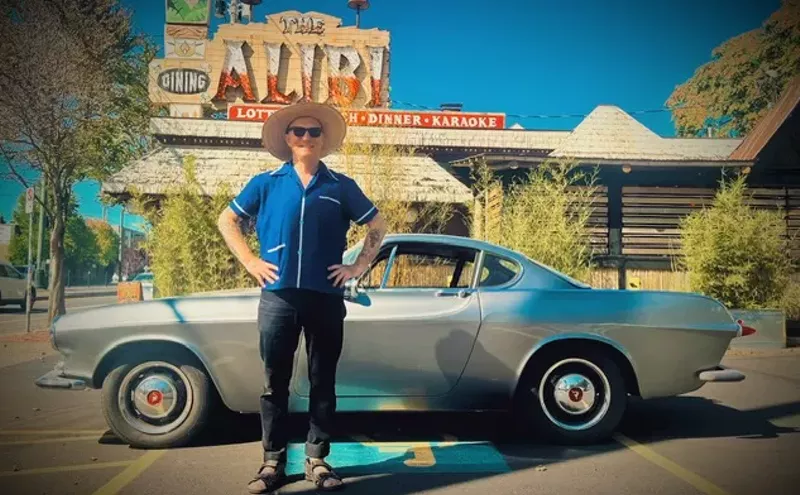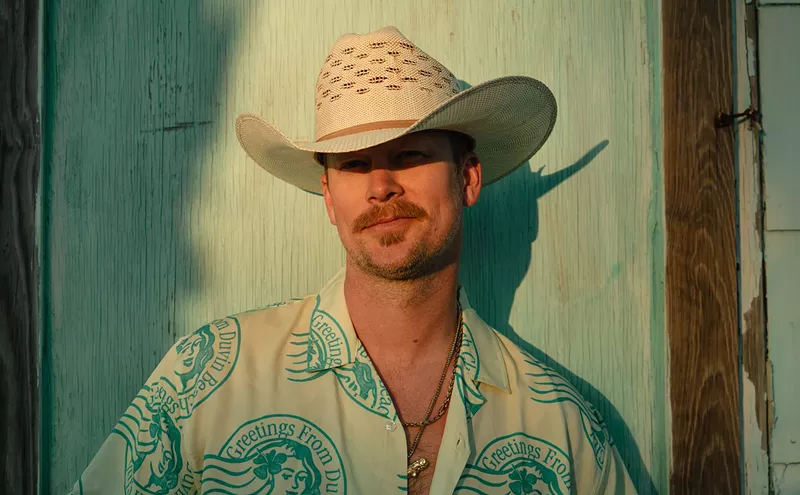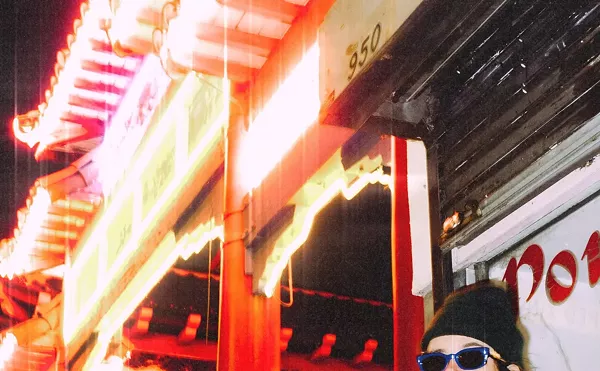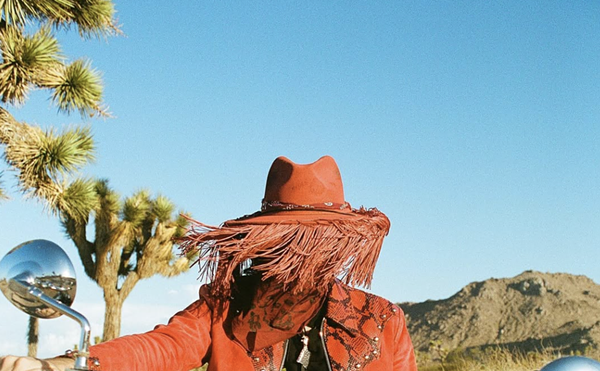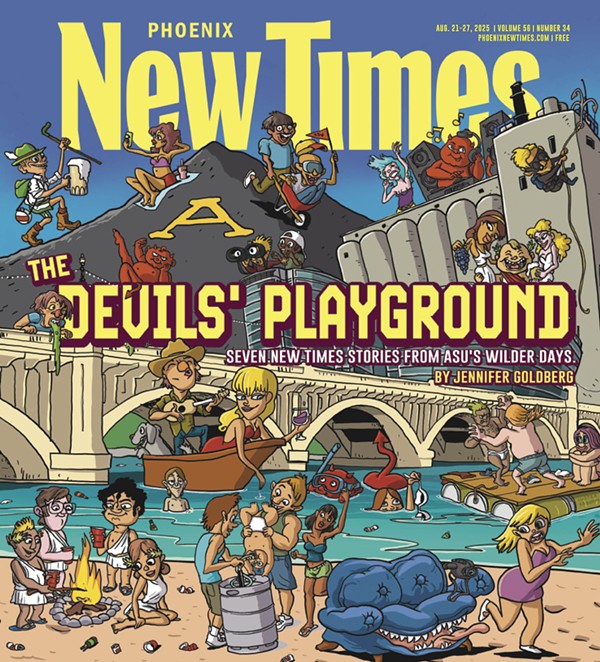By Thomas Bond
While some musical groups fade into mere memories, that was never going to be the case with The Clash, once famously dubbed “the only band that matters.” More than two decades on from their break-up, interest in the group remains high. How high? Well, a new concert album The Clash Live at Shea Stadium was issued last month and today marks the release of “The Clash,” a 384-page book that tells the band's story through quotes from its members.
Though The Clash were certainly not the first punk band, they were arguably the genre's best exponent, not least because they refused to be pigeonholed by what anyone thought a punk band should be. Their music expanded to include the influence of rock, reggae, pop, funk and a then-nascent hip-hop during the band's run from 1976-1986.
Rather than serving as an outsider testimony to the group's importance, “The Clash” gives the insider view of the four men -- Joe Strummer, Mick Jones, Paul Simonon and Topper Headon -- who made up the group. In reading the tome, there is very little editorial narrative, so it helps to be at least a little familiar with the group's history. That's certainly no liability as, priced at $45, readers are almost certainly going to be fans.
Some of the quotes contained herein will ring familiar to those who have watched the 2000 documentary “Westway to the World,” as many are verbatim from the film. In another similarity to the documentary, the book gives short shrift to The Clash's decline after guitarist Mick Jones was booted from the group. Less than one page of quotes encapsulates the years 1984-86.
In the end, though, it matters far less what the book doesn't have compared to what it does: a fascinating first-hand account of the group by its members and page after page of fantastic photographs of the band as well as of ephemera of the era such as set lists, press clippings, ticket stubs, record covers, etc.
The sleeve to one of the band's final singles displayed the slogan: “The Future is Unwritten.” Thankfully, The Clash's past and enduring greatness are well documented here.



